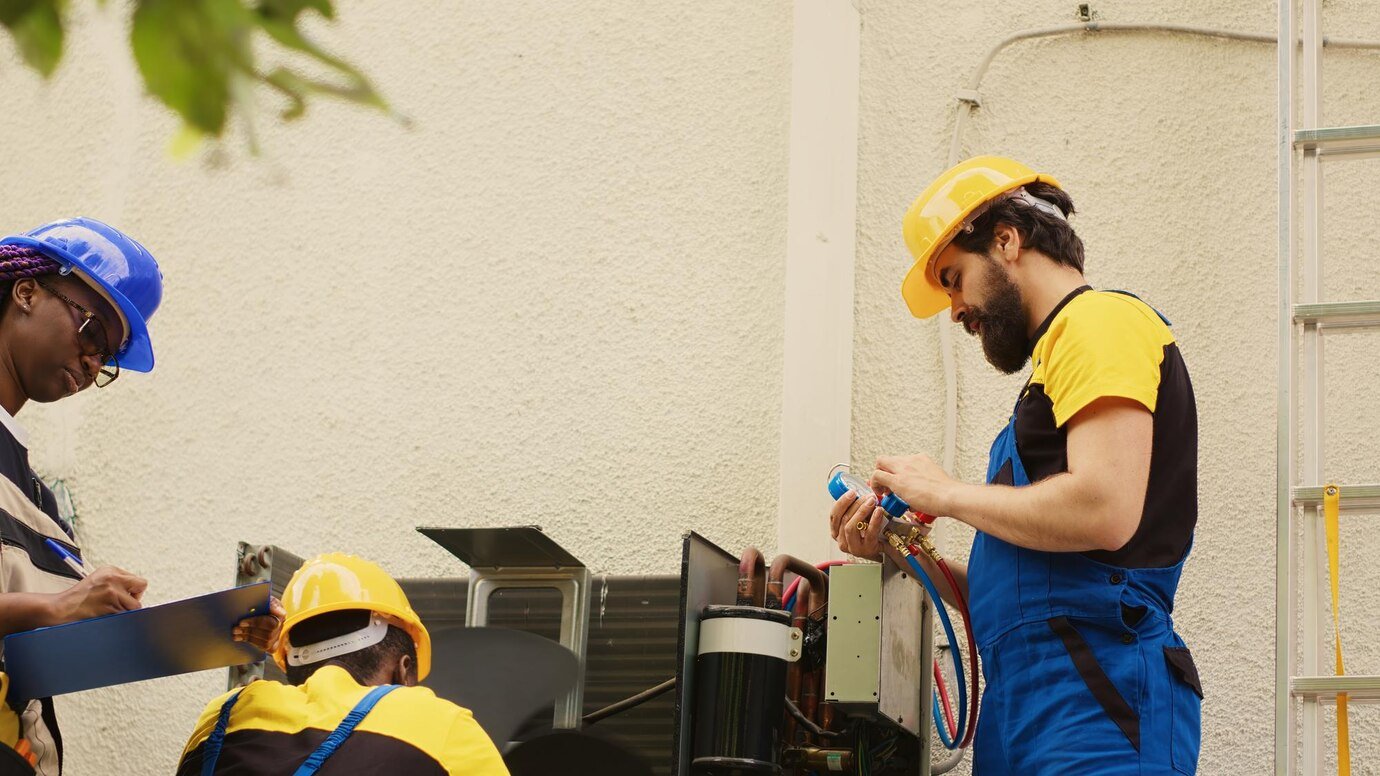Starting Early: Planning and Preparation
Most electricians start their day early. Before heading to job sites, they review their schedule, gather the necessary tools, and check any safety gear. Preparation is crucial because having the right equipment on hand saves valuable time and prevents costly mistakes.
Tasks may include:
- Reviewing blueprints or job orders
- Checking inventory for essential materials
- Confirming appointments with clients
Proper planning ensures that no project, big or small, faces unnecessary delays.
First Stop: Residential Service Calls
Local electricians often begin their day with residential appointments. These can include simple tasks like installing ceiling fans, upgrading outlets, or troubleshooting power issues.
Electricians must be adaptable because every home is different. Some homes have outdated wiring that needs careful handling, while others involve smart home installations that require technical knowledge.
This phase emphasizes:
- Clear communication with homeowners
- Diagnostic skills to identify problems
- Quick and safe repair work
Complex Commercial Projects
After residential visits, many electricians move on to commercial projects. These jobs can involve larger systems, such as rewiring office buildings, installing energy-efficient lighting, or setting up emergency backup systems.
Working on commercial sites requires:
- Adherence to stricter codes and regulations
- Coordination with other contractors on-site
- Handling more sophisticated tools and equipment
Commercial projects offer electricians the chance to work on larger, more challenging systems that enhance their skills and expertise.
Safety First: A Non-Negotiable Priority
Throughout the day, electricians prioritize safety above all else. Handling live wires, working at heights, and using specialized equipment means following strict safety protocols to protect oneself and others.
Important safety habits include:
- Wearing insulated gloves and safety glasses
- Turning off the circuits before working
- Using lockout/tagout procedures on commercial sites
Without a commitment to safety, even a simple task could lead to injury or property damage.
Customer Education: Going Beyond the Call
A great electrician doesn’t just complete the job and leave. Educating customers is a big part of the role. Whether it’s explaining why an upgrade is necessary, giving energy-saving tips, or showing homeowners how to reset a tripped breaker, good communication builds trust.
Providing exceptional customer service ensures repeat business and strong word-of-mouth referrals.
Wrapping Up the Day: Reports and Scheduling
After completing fieldwork, electricians often return to their office or truck to document the day’s work. This may involve:
- Completing service reports
- Invoicing clients
- Scheduling follow-ups or inspections
Good documentation is critical for maintaining accurate records and ensuring customer satisfaction.
Conclusion: A Career That Powers the Community
Local electricians do much more than fix broken outlets — they power homes, businesses, and entire communities. Their days are full of problem-solving, technical expertise, and human connection. Next time you switch on a light, remember the hardworking professionals behind it!








No Comments